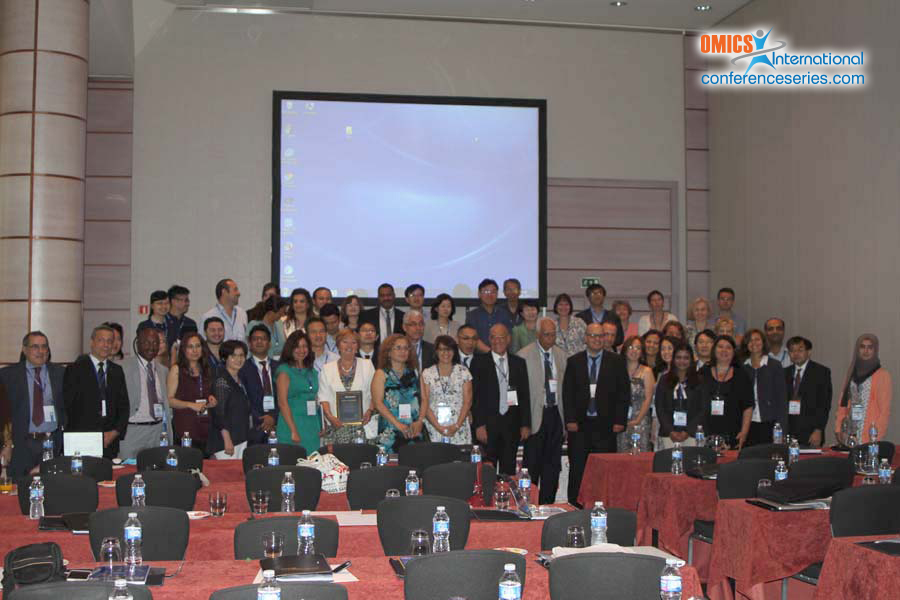
Kazuo Yano
Tokyo Women’s Medical University, Japan
Title: Regulatory approval for autologous human cells and tissue products in the United States, the European Union, and Japan
Biography
Biography: Kazuo Yano
Abstract
Since human cells and tissue products belong to a relatively new class of medical products, limited information is available on the classification and premarket evaluation of human cells and tissue products in the United States (US), the European Union (EU), and Japan. We surveyed the definition, legislation, and approval system of a total of nine autologous human cells and tissue products in October 2013. The definition of human cells and tissue products were compatible among the US, the EU, and Japan. The products were categorized as human cells, tissue, and cellular and tissue-based products (HCT/Ps) in the US, advanced therapy medicinal products (ATMPs) in the EU, and cell/tissue-engineered products (currently regenerative therapy products) in Japan. Autologous human cells and tissue products were handled administratively as “accelerated approval of biological product”, “humanitarian device exemption (HDE) approval”, “premarket application (PMA) approval”, “biologics license application (BLA) approval”, and “new drug application approval with specific targeting of post-approval registry or surveillance”. Of nine autologous human cells and tissue products, four products had been evaluated using clinical experiences or open clinical trials with a small number of subjects, although the other products had been evaluated using comparative clinical trials with control treatment. The clinical evaluation of autologous human cells and tissue products would focus on postmarket-oriented evaluation rather than premarket-oriented evaluation. We should consider that the premarket clinical evaluations of these products need to use not only clinical experience but also historical control data, and to use adaptive licensing for approval system
Speaker Presentations
Speaker PDFs
Speaker PPTs Click Here

